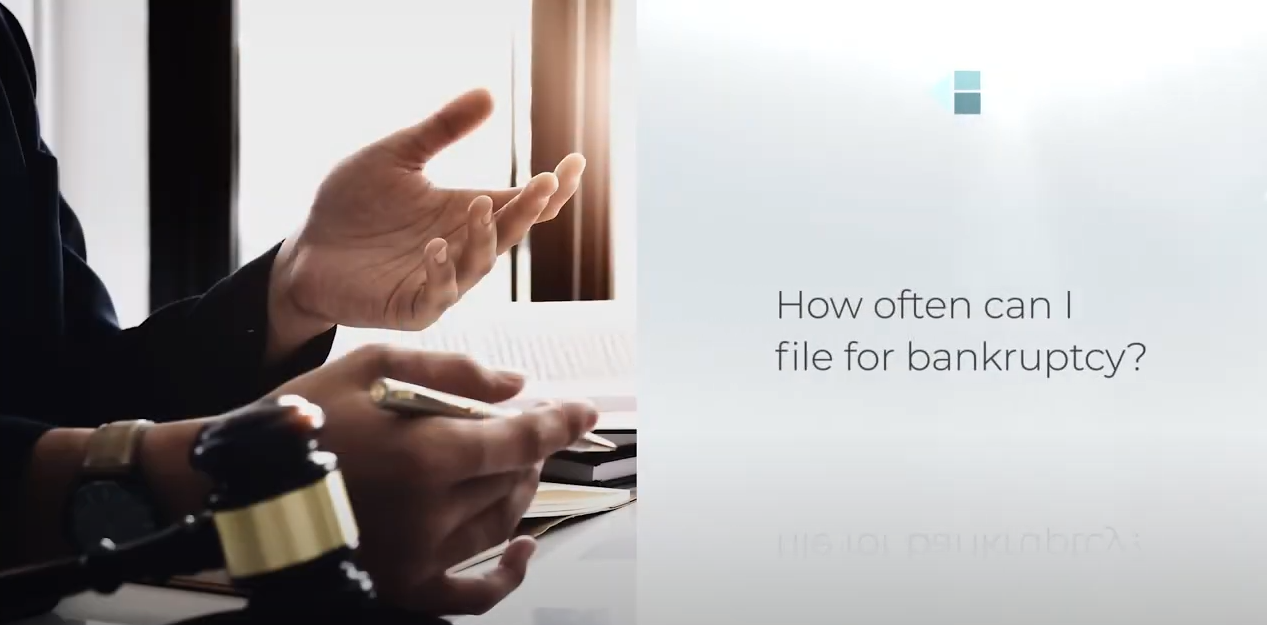Debt collectors have long been known for their aggressive tactics when it comes to collecting payments from debtors. In recent years, debt collectors have been accused of using illegal methods to collect money from those in debt.
These tactics can range from making threats of legal action to using false or misleading information. Unfortunately, these tactics are all too common. All too often victims of such tactics are unaware of their rights or what is considered illegal by debt collectors.
What is the Fair Debt Collection Practices Act?
The Fair Debt Collection Practices Act (FDCPA) is a federal law that sets out the rules and regulations for debt collection. It was created to protect consumers from unfair, deceptive, or abusive practices when it comes to debt collection. The FDCPA applies to most consumer debts, including credit card debt, medical debts, and student loans.
It requires debt collectors to treat consumers fairly by prohibiting certain behaviors, such as calling too early or late in the day, using profane language, or making threats of violence.
It also requires that debt collectors provide accurate information about the debt and give consumers an opportunity to dispute a debt before any legal action is taken. The FDCPA also provides for damages if a consumer is harassed or abused by a debt collector. The Fair Debt Collection Practices Act is intended to protect consumers from unfair and harassing practices when it comes to collecting their debts.
If you feel like a debt collector is violating your rights under the FDCPA, it is important to contact an attorney.
Illegal Tactic #1: Calling Excessively
According to the FDCPA, debt collectors may not call you excessively about a particular debt. This is a level of harassment intended to frighten or intimidate. Also generally speaking, debt collectors can only call you between 8:00 am and 9:00 pm local time. They should not be calling you early in the morning or late at night to “catch you” and demand payment. Additionally, the FDCPA prohibits debt collectors from calling you multiple times per day or calling you without giving reasonable notice of their intent.
They are allowed to call you at work but they can not reveal to your boss or co-workers that they are trying to collect a debt. By law, if you ask them not to contact you at work they have to stop.
Illegal Tactic #2: Contacting You through Social Media
Debt collectors are allowed to contact you about a debt, but it must be done in a way that is not viewable by the general public. This means that debt collectors cannot contact you on social media platforms such as Facebook, Twitter, and Instagram. These platforms are considered public forums and any communication between you and a debt collector regarding your debt that is visible to visitors to that forum is not allowed.
If a debt collector wants to contact you about a debt, they must do so through traditional methods such as mail, phone calls, or emails, not by tagging you in a social media post or writing on your public wall.
Illegal Tactic #3: Debt Collector Deceiving You
Debt collectors may not lie or use deceptive practices when attempting to collect a debt that you owe. If they do, then they are breaking the law and can be held accountable. You can start by gathering evidence of any deception used by the debt collector. This includes keeping records of all communication with the collector and any information regarding your debt. Then contact an attorney who specializes in FDCPA cases and file a complaint against the collector if they have violated any of your rights.
Additionally, you could also contact your state’s Attorney General’s office to report the violation. Taking these steps can help protect other consumers from being deceived by these collectors in the future.
Illegal Tactic #4: Talking to Your Loved Ones
The FDCPA does not allow debt collectors to discuss your debt with anyone other than you, your spouse, or your attorney. This means that if a debt collector contacts your family member, friend, or neighbor about your debt, it may be in violation of the FDCPA.
While the original creditor may contact these people for general information about where you live or work, they cannot inform them about any details regarding the specific debt or amount you owe.
Illegal Tactic #5: Threatening Violence
Debt collectors cannot threaten violence against you. This is a form of extortion. They may not threaten to harm you, your family, or any other individual. If a debt collector has threatened physical harm or violence against you, contact an attorney immediately.
Schedule a Consultation With a Twin Cities Bankruptcy Lawyer
If you have gotten into debt and are being bothered or intimidated by debt collectors, it may be time to consult with the bankruptcy attorneys of Kain+ Henehan. Once a bankruptcy is filed, debt collectors must cease contact. Your debts now come under the rule of the US Bankruptcy courts and are dealt with through that process. Bankruptcy is a right to help citizens get back on their feet financially. Debt collection laws exist to protect consumers from unfair and illegal practices. These laws are in place to ensure fair treatment and help folks get out from under overwhelming debt. If you are being harrassed by collection agencies and bill collectors, call us and find out if bankruptcy may be a good option. We are caring and respected attorneys in the field of bankruptcy and are here to help. Contact Kain + Henehan by calling (612) 438-8006 or filling out the online form.






